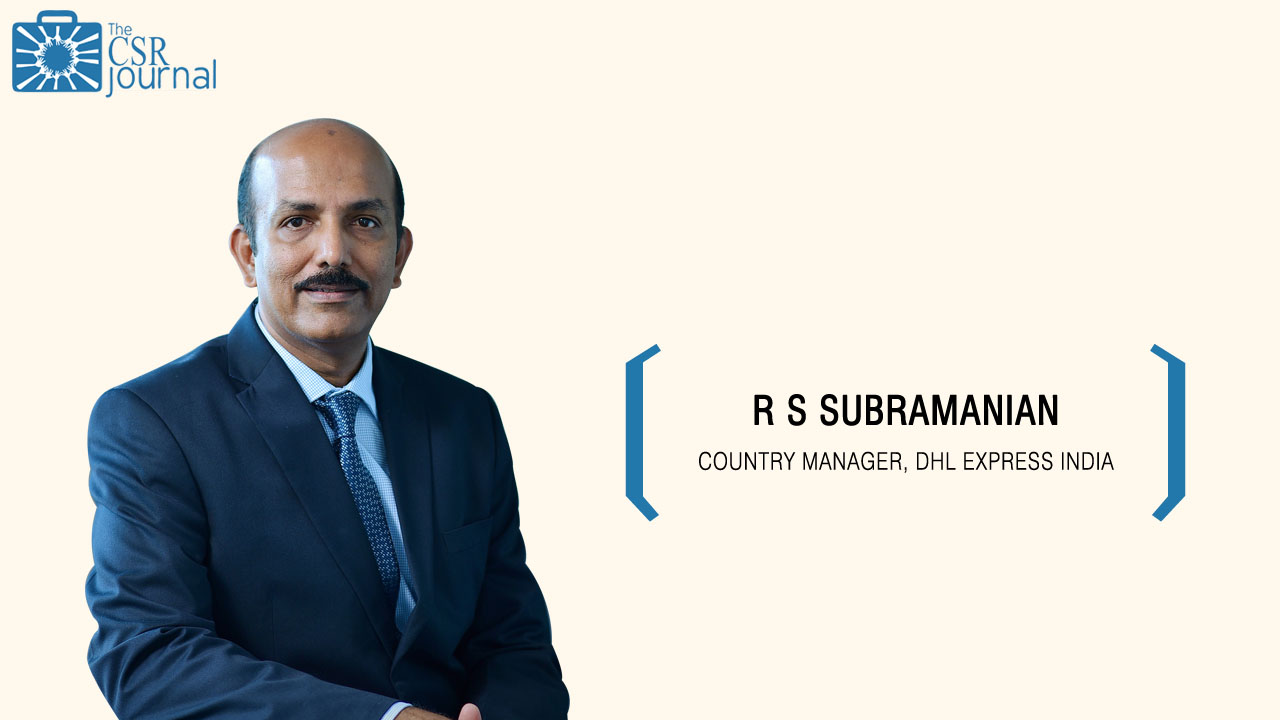R S Subramanian, Country Manager, DHL Express India on the Future of CSR
Related Articles
Bag the Future: Why Paper Bags Deserve a Day!
Every year on July 12, something simple but powerful gets a little spotlight — the humble paper bag. It might seem like just another...
Microsoft Announces 15,000 Layoffs, Asks Remaining Employees to Invest in AI Skills
Microsoft has let go of more than 15,000 employees across several divisions in 2025, making it one of the largest job cuts in the...
Jaipur’s Green Lung Under Threat: 2,500 Trees Felled for PM Unity Mall
On one hand, Prime Minister Narendra Modi endorses plantation drives, and on World Environment Day launched the ‘Ek Ped Maa Ke Naam’ initiative —...

